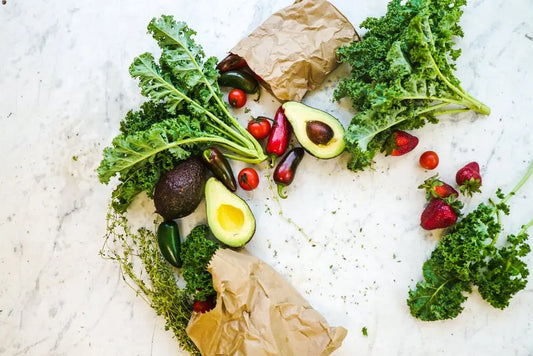What Protein Supplement is Best

The rising popularity of plant-based diets for health, environmental, and ethical reasons has led to an increased demand for plant-based protein supplements. If you’re searching for the perfect plant-based protein supplement, this blog post will guide you through the available options and help you make an informed decision.
1. PEA PROTEIN
Extracted from yellow peas, pea protein is a top plant-based protein choice for those seeking a high-quality, easily digestible protein source. As a complete protein containing all nine essential amino acids, it also has a high concentration of branched-chain amino acids (BCAAs) that aid muscle growth and recovery. Pea protein is hypoallergenic, making it an ideal option for individuals with allergies or sensitivities to common protein sources like soy or dairy.
2. BROWN RICE PROTEIN
Another popular plant-based protein supplement is brown rice protein, particularly favored by individuals with dietary restrictions. Although it is not a complete protein due to its low lysine content, combining it with other plant-based proteins, such as pea protein, can offer a complete amino acid profile. Brown rice protein is easily digestible, hypoallergenic, and has a fairly neutral taste, making it a versatile ingredient for smoothies, baked goods, or savory dishes.
3. HEMP PROTEIN
Hemp protein, sourced from hemp seeds, is a nutritious plant-based protein alternative with a unique set of advantages. While it has a lower protein content compared to pea or brown rice protein, hemp protein is a complete protein source and is abundant in fiber, omega-3, and omega-6 fatty acids. These nutrients contribute to heart health, digestion, and inflammation management. Hemp protein has a nutty flavor and a slightly gritty texture, adding an enjoyable, earthy taste to various recipes.
4. SOY PROTEIN
Soy protein is one of the most extensively researched and commonly used plant-based protein supplements. As a complete protein with a high concentration of BCAAs, it is effective for muscle building and recovery. However, some individuals may have soy allergies or concerns about its potential influence on hormone levels. If you select soy protein, choose non-GMO and organic options to guarantee a high-quality product.
5. MIXED PLANT PROTEIN BLENDS
For those seeking a comprehensive plant-based protein supplement, blended plant protein options can deliver a balanced amino acid profile and diverse nutrients. These blends often combine proteins from multiple sources, such as pea, brown rice, hemp, and chia seeds, creating a well-rounded nutritional profile. Blended plant protein options are a fantastic choice for those who want the best attributes of each plant protein source while enjoying a variety of flavors and textures.
Identifying the ideal plant-based protein supplement depends on your individual requirements, preferences, and dietary limitations. Factors to consider include protein content, amino acid profile, taste, texture, and additional nutritional benefits. Trying different plant-based protein supplements will help you find the one that best suits your lifestyle and supports your health and fitness objectives. Always consult a healthcare professional or registered dietitian for personalized advice and recommendations.










